Nigeria – Let’s explore here
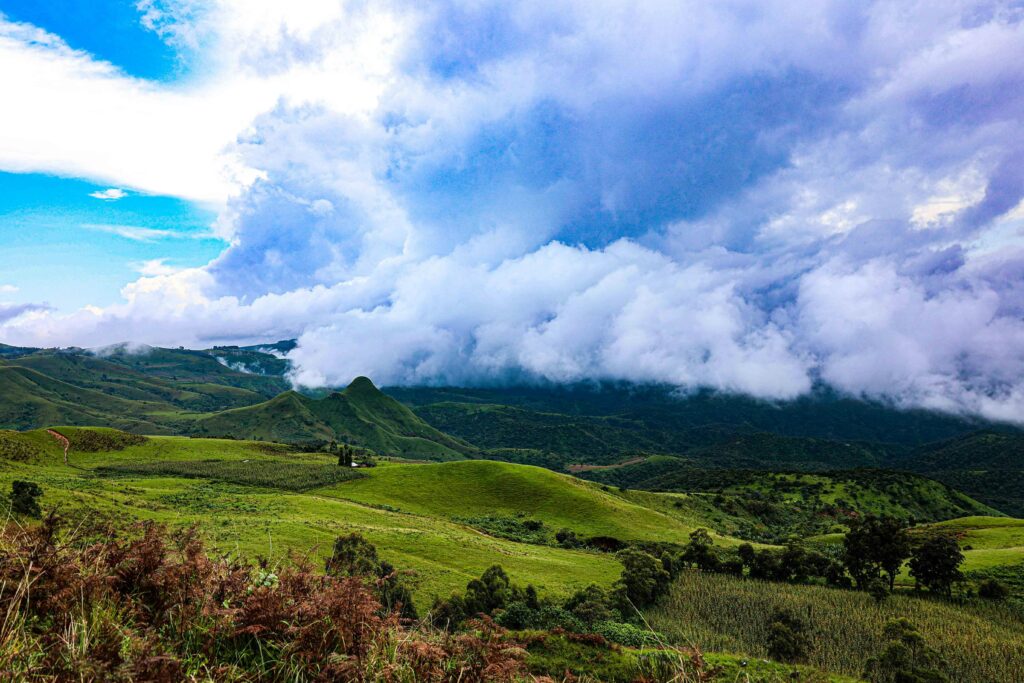
What’s it like in Nigeria?
Nigeria is a the most populous country in Africa – there are over 230 million people. Its name in its other official languages is Jamhuriyar Tarayyar Najeriya / Orílẹ̀-èdè Olómìniira Àpapọ̀ Nàìjíríà / Ọ̀hàńjíkọ̀ Ọ̀hànézè Naìjíríyà.
At almost four times the size of the UK, it consists mostly of rugged highlands, with lagoons and mangroves along its coast. The highest point is Chappal Waddi, in the east of the country, at 7,936 ft (2,419 m) above sea level.
As part of the Slave Coast, It has a very long, rich and troubled history, however it is now the richest country in Africa. It shares land borders with Benin, Cameroon, Chad and Niger.
The population of Nigeria is around 230 million people (2023), about four million of whom live in the metropolitan area of the capital, Abuja. By contrast, around 16 million live in Lagos (2024).

A bit about the history of Nigeria
Pre-Colonial Era
Before European contact, the area that is now Nigeria was home to several sophisticated kingdoms and empires. In the south, the Kingdom of Ife, which existed around 1000 BC to 1500 AD, was known for its art, particularly its bronze sculptures. The Kingdom of Benin, which thrived from the 12th century until its British conquest in 1897, was renowned for its military prowess and artistic achievements, including the famous Benin Bronzes. To the north, the Hausa city-states developed as important centres of trade and culture. The Oyo Empire, a dominant Yoruba state, held sway in the southwest from around 1300 until its decline in the early 19th century. The Sokoto Caliphate, established in 1804 under the leadership of Usman dan Fodio, grew to become one of the largest Muslim states in West Africa.
Colonial Period
In the 19th century, British influence began to expand across the region, initially through the establishment of trading posts along the coast. The abolition of the transatlantic slave trade in 1807 shifted British interests toward palm oil trade and territorial expansion. By the late 19th century, the British took control of the area through the Royal Niger Company, which governed much of the region. The British amalgamated the northern and southern protectorates, as well as Lagos, in 1914, creating the Colony and Protectorate of Nigeria. The British governed Nigeria using the system of indirect rule, which relied on traditional rulers, particularly in the north, to maintain control. This system, however, exacerbated ethnic divisions and political tensions.
Independence and Early Years
Nigeria gained independence from Britain on 1 October 1960, and became a republic in 1963 with Nnamdi Azikiwe as its first president. The early years of independence were marked by political instability, with tensions among the country’s numerous ethnic groups. This instability culminated in the Biafran War (1967-1970), also known as the Nigerian Civil War, when the southeastern region, dominated by the Igbo people, attempted to secede as the Republic of Biafra. The war resulted in significant loss of life, with estimates of up to one million deaths, largely due to famine.
Military Rule and the Return to Civilian Government
Following the war, Nigeria underwent a series of military coups. The first coup took place in 1966, and after several military regimes, the country was ruled by General Muhammadu Buhari from 1983 to 1985. A period of military rule followed under General Sani Abacha from 1993 to 1998, which was characterised by authoritarianism and widespread corruption. The death of Abacha in 1998 led to a gradual return to civilian rule. In 1999, Nigeria held its first free elections in over 15 years, resulting in the election of Olusegun Obasanjo, a former military leader, as president.
21st Century: Democratic Progress and Challenges
Nigeria’s transition to democracy in 1999 marked a new chapter, with a series of elections and civilian governments. However, the country faced numerous challenges, including corruption, economic mismanagement, insecurity and ethnic and religious tensions. The Niger Delta region, rich in oil reserves, saw the rise of militancy, while the insurgency by Boko Haram in the northeast destabilised the country. Despite this, Nigeria’s economy grew significantly, largely due to its oil exports, making it one of Africa’s largest economies.
In 2015, Muhammadu Buhari, a former military leader, was elected president once again, defeating the incumbent Goodluck Jonathan. Buhari’s presidency focused on combating corruption and addressing Nigeria’s security concerns, especially the fight against Boko Haram. Buhari was re-elected in 2019, although his second term was marked by continued economic difficulties and ongoing security issues, including armed banditry in the northwest and clashes between herders and farmers.
Nigeria in the 2020s
As Nigeria entered the 2020s, the country continued to grapple with longstanding challenges. The economy faced difficulties due to falling oil prices and the COVID-19 pandemic, which severely impacted the country’s economy, leading to a contraction in 2020. The pandemic also exacerbated existing inequalities and socio-economic challenges, including widespread poverty and high unemployment.
Nigeria also faced an increased wave of insecurity, including the rise of banditry, kidnappings and militancy in various regions of the country. The government struggled to address these issues, with critics accusing it of not doing enough to protect citizens and maintain stability. Despite this, Nigeria continued to make strides in technological development, with its tech sector, particularly in cities like Lagos, emerging as one of the fastest growing in Africa.
The 2023 Elections and Transition
In 2023, Nigeria held its presidential elections, which resulted in the victory of Bola Ahmed Tinubu, the candidate from the ruling All Progressives Congress . His victory marked a peaceful transition of power, with the elections seen as an important test for the country’s democratic institutions. However, the election was marred by allegations of irregularities, and there were widespread protests in some regions. Tinubu’s administration faces the challenge of addressing the country’s worsening security situation, managing the economy amid global uncertainties, and curbing corruption.
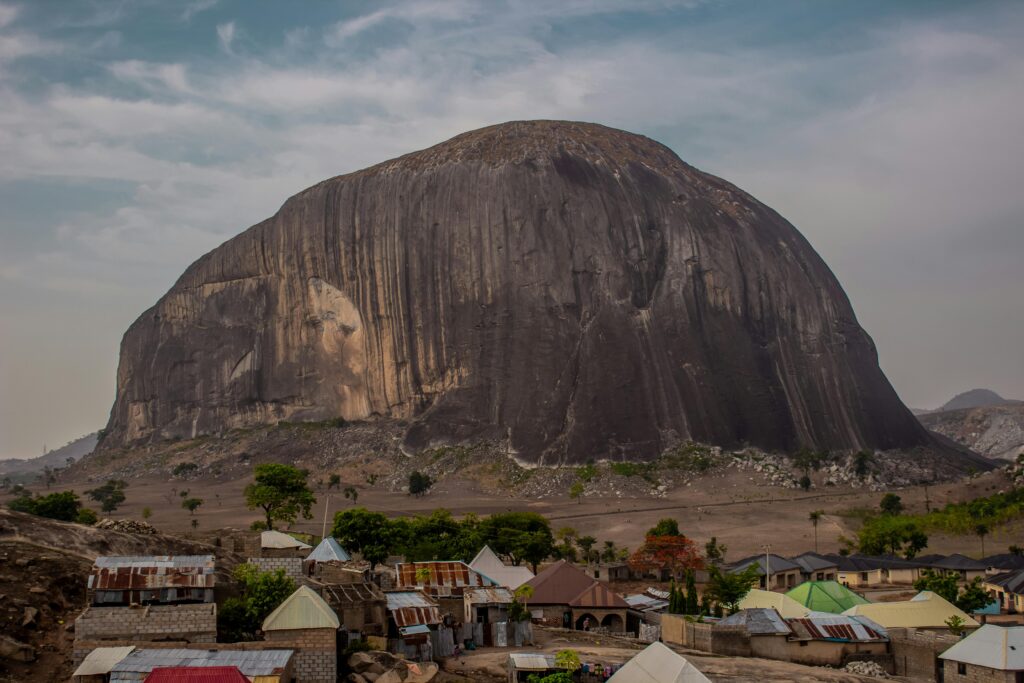
Nigeria road trip
Our Nigerian road trip is part of a much larger African road trip.
Our planned road trip though Nigeria takes us from Benin through Nigeria, before moving on to Cameroon. No doubt we’ll explore the country much more than this continent-spanning short route shows, in particular checking out the capital and inland Nigeria.
Hopefully our journey will improve our knowledge of this intriguing and beautiful country, and enable us to meet some interesting people. We’ll be updating this page at that time – don’t forget to check back 🙂
Map of our road trip through Nigeria
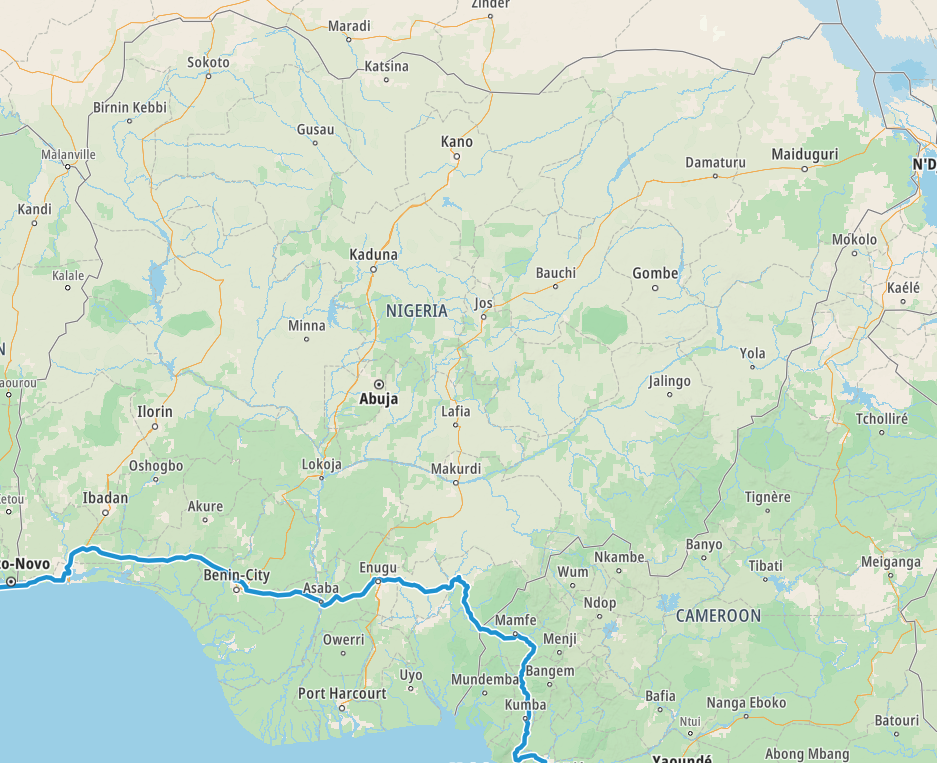
What’s it like to drive in Nigeria?
They drive on the right hand side of the road in Nigeria. In the main, roads are very poor, with many being unsurfaced dirt tracks. Driving standards are also poor.
Do you require an international driving permit in Nigeria?
We’ve created a dedicated page to driving abroad, which answers this question, and more, which you might find helpful.
Can you use your UK driving license when driving through Nigeria?
We’ve created a dedicated page to driving abroad, which answers this question, and more, which you might find helpful.
Do I need a carnet de passages to drive in Nigeria?
A Carnet de Passages is required to overland in Nigeria. We’ve created a dedicated page to driving abroad, which answers this question, and more, which you might find helpful.
What currency do they use in Nigeria?
In Nigeria they use the Nigerian naira. Cash is widely used. The use of credit / debit cards is not widely accepted. Travellers cheques are not readily accepted. There are few ATMs outside of the cities.
You should make yourself aware of the amount that your bank charges you for using credit and debit cards abroad. Often credit cards are cheaper for purchasing items directly, and for withdrawing cash from ATMs.
What language do they speak in Nigeria?
They mostly speak Hausa, Yoruba and Igbo in Nigeria, although English is very widely spoken, and is the official language of the country.
What time zone is Nigeria in?
Remember, when you’re planning your next trip to take a look at what time zone it’s in.
Do I need a visa to visit Nigeria?
We’ve created a dedicated, more comprehensive page on visas, which you should find helpful. Check it out!
Is wild camping legal in Nigeria?
Yes, wild camping is fine in Nigeria.
What plug / socket type do they use in Nigeria?
In Nigeria they use plug / socket types D and G.
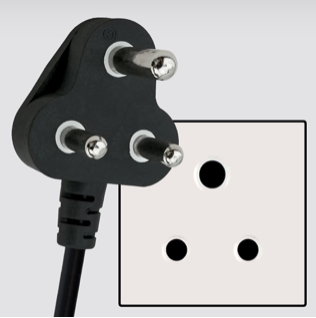
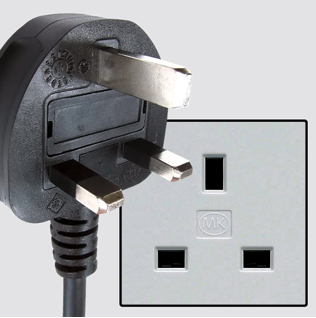
Health issues in Nigeria
Is it safe to drink water in Nigeria?
No, it is not safe to drink tap water in Nigeria. Bottled water is readily available throughout the country.
What vaccinations are required for Nigeria?
This NHS website is kept up to date with all relevant information on vaccinations in Nigeria.
Phones in Nigeria
What is the country calling code for Nigeria?
The country calling code for Nigeria is +234
What are the emergency phone numbers in Nigeria?
- The emergency number for police in Nigeria is: 112
- In Nigeria, the emergency number for ambulance is: 112
- The emergency number for fire in Nigeria is: 112
If you’ve got some useful info that you’d like to share, let us know!
And don’t forget to check out all the other pictures!
